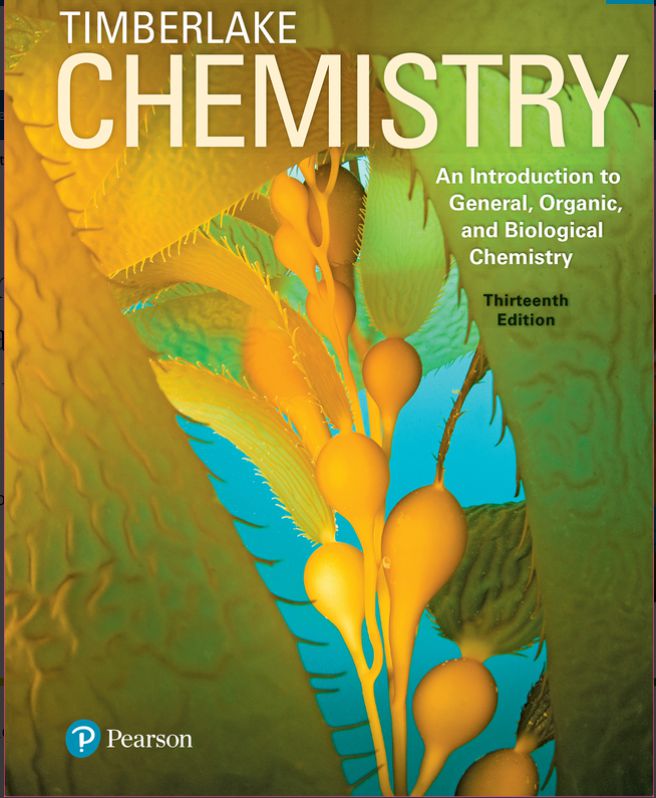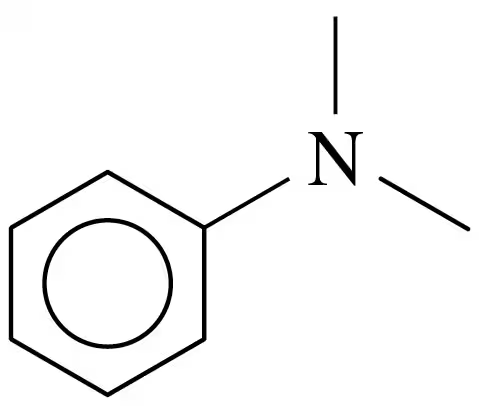Textbook Question
Write the common name for each of the following:
b.
789
views


 Verified step by step guidance
Verified step by step guidance



Write the common name for each of the following:
b.
Write the common name for each of the following:
c.
Draw the condensed structural formula, or line-angle formula if cyclic, for each of the following amines:
c. butylpropylamine
Classify each of the following amines as primary (1°), secondary (2°), or tertiary (3°):
d.
Classify each of the following amines as primary (1°), secondary (2°), or tertiary (3°):
c.
Indicate if each of the following is soluble in water. Explain.
a.